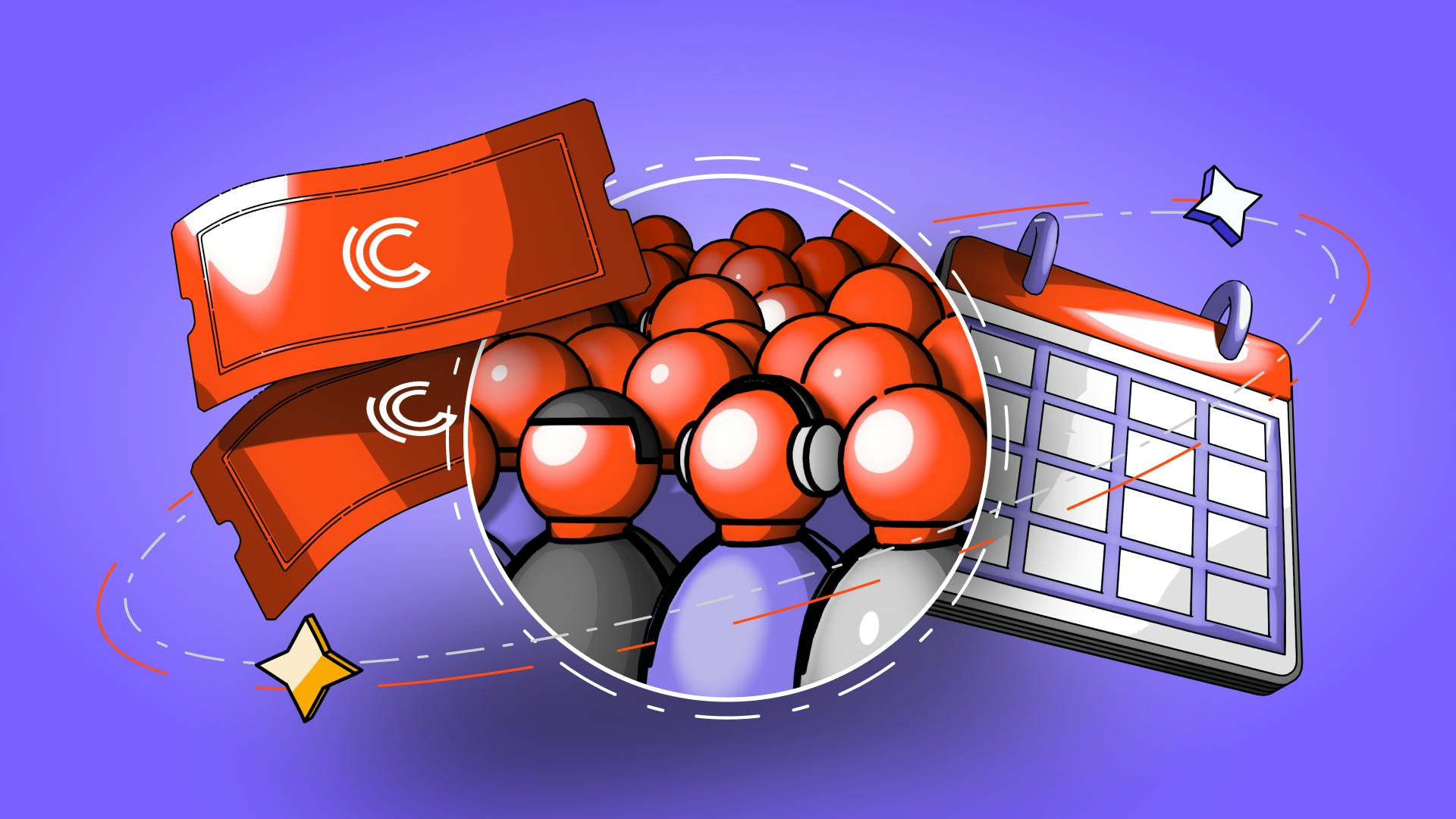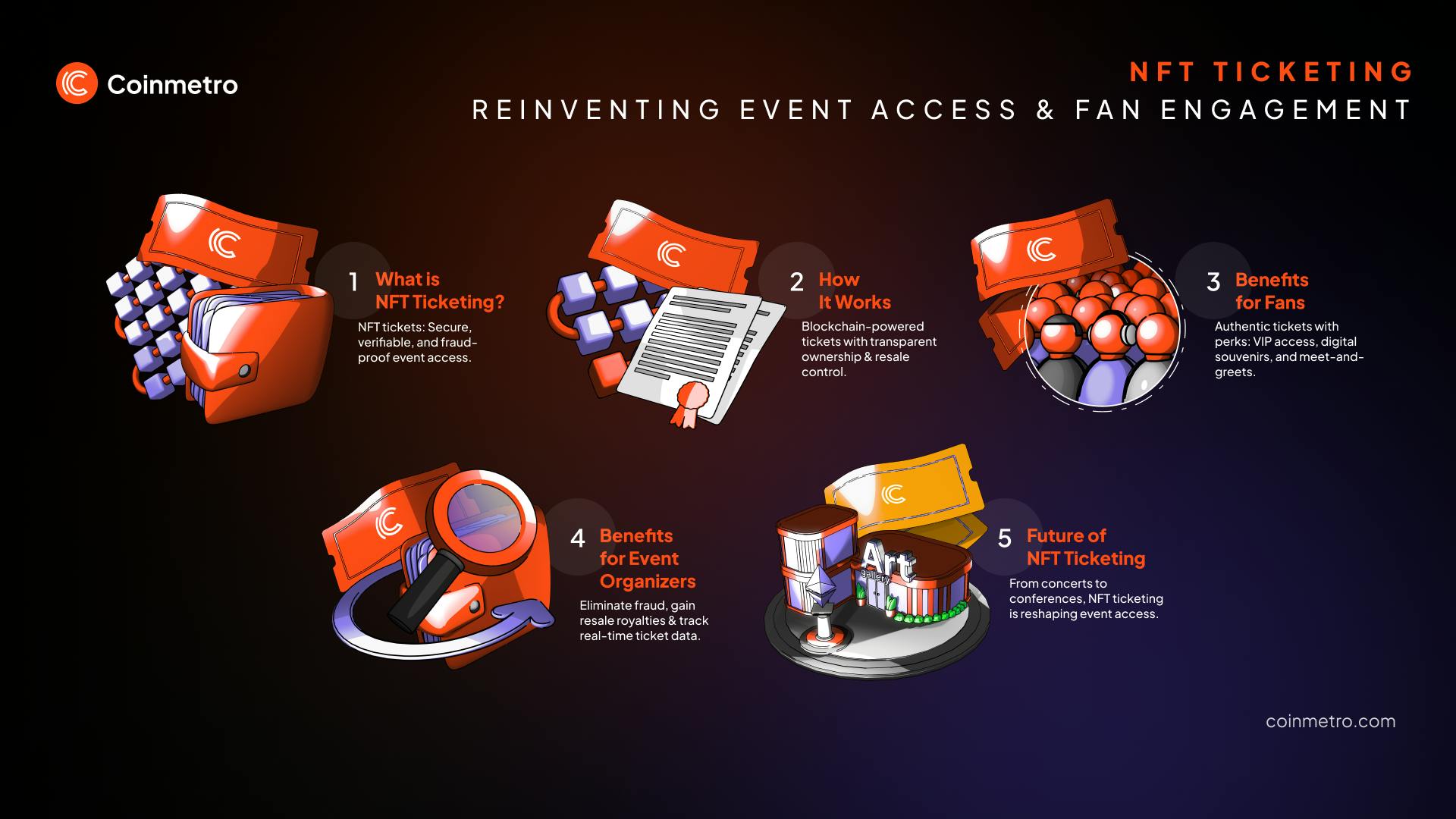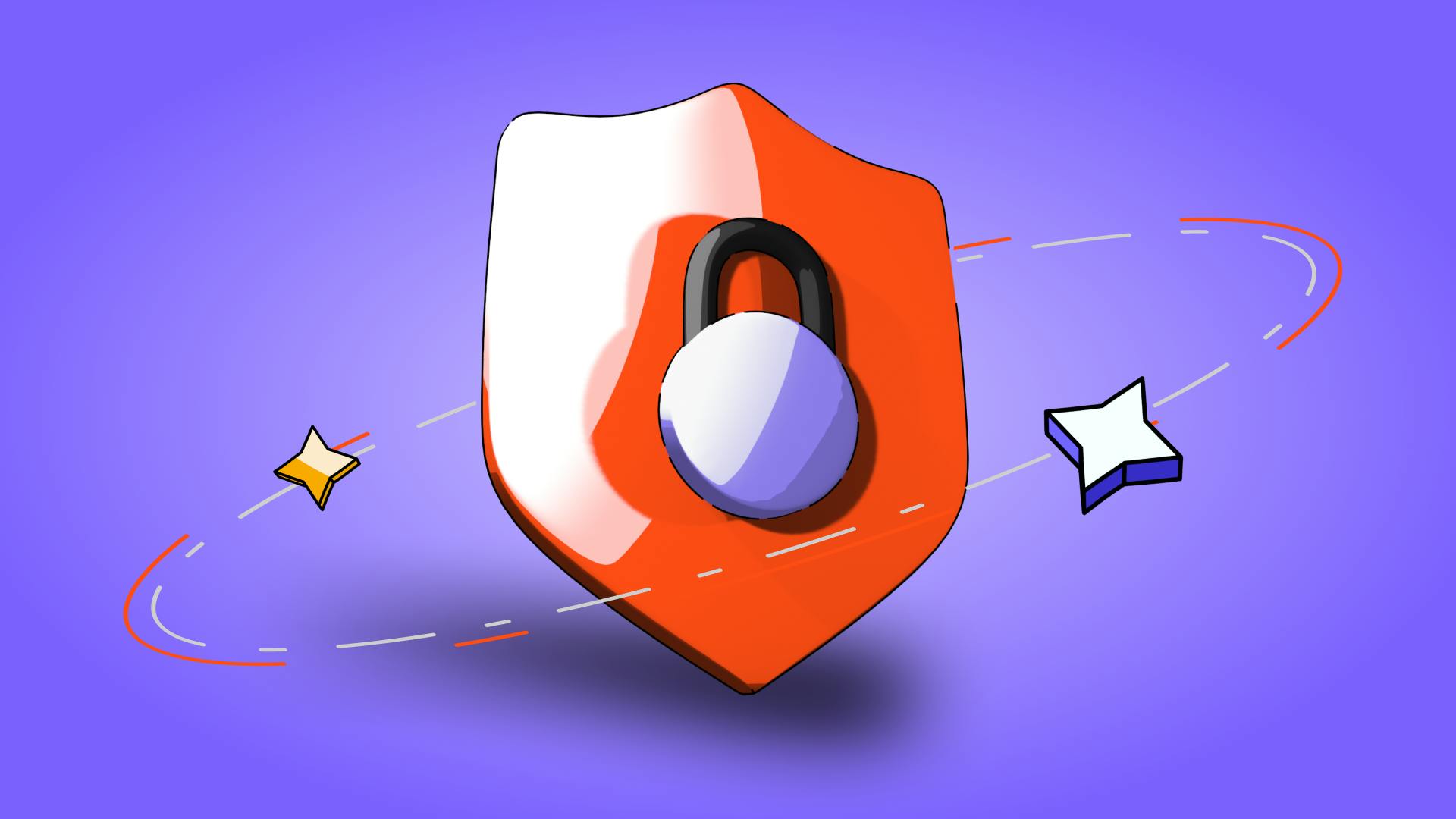NFT Ticketing: Revolutionizing Event Management and Fan Experiences
December 5, 2025

by Coinmetro Editorial Team
December 5, 2025
Did you know that approximately 12% of event tickets globally are counterfeit? This leads to millions in lost revenue and disappointed fans every year. A CNBC report notes traditional ticketing struggles with fraud, steep resale prices, and uncertain ownership, hurting revenue and trust.
NFT ticketing offers a bold fix. Built on blockchain, these digital assets cannot be counterfeited, increasing security. But NFT ticketing transforms event management further: Fraud drops, transparency rises, and fan experiences evolve, with custom perks and rewards. Organizers and artists benefit as trust strengthens and revenue climbs. Blockchain ensures each ticket’s authenticity and ownership. This shifts how events connect with audiences.
Looking ahead, NFT ticketing promises to redefine event management. Old challenges fade as fresh opportunities emerge, while fans, artists, and organizers gain from this shift. Understanding the technology is key — NFT tickets offer a more secure, transparent, and efficient way to access events, and they’re quickly becoming the new standard.
This blog will outline:
- What is NFT ticketing?
- Benefits of NFT ticketing for fans
- Benefits for event organizers
- Use cases and success stories
What is a Non-Fungible Token (NFT): Exploring the New Digital Asset Class
NFT ticketing uses non-fungible tokens (NFTs) to represent event tickets on a blockchain. NFTs are unique digital assets that verify ownership and authenticity, which makes them ideal for ticketing purposes. When an event organizer issues an NFT ticket, it is created as a digital token on a blockchain network. This token contains all the essential information about the event, such as the date, venue, and seat number, and is securely stored on the blockchain.
NFT ticketing leverages blockchain technology's decentralized and transparent nature to create a secure and immutable record of ticket ownership. Unlike traditional digital or paper tickets, NFT tickets cannot be easily duplicated or forged. They are linked to a specific blockchain address, ensuring that only the rightful owner can access the ticket. This technology prevents fraud and allows for seamless transfers and sales between users, as every transaction is recorded on the blockchain.
NFT tickets offer several key advantages for fans over traditional digital or paper tickets:
Ownership and authenticity: NFT tickets guarantee authenticity through blockchain verification. Traditional digital or paper tickets can be easily copied or counterfeited, leading to significant fraud risks. On the other hand, NFT tickets are unique digital assets that cannot be duplicated, ensuring that every ticket is genuine.
Transparency and traceability: NFT tickets record every transaction on the blockchain, providing a transparent ownership history. This feature makes it easy to trace a ticket's entire lifecycle, from its creation to its final holder. Traditional ticketing systems lack this level of transparency, making it harder to track resale and prevent fraud.
Enhanced fan engagement: NFT tickets can offer more than just entry to an event. They can include additional digital perks like exclusive content, access to meet-and-greet sessions, or even digital collectibles that fans can keep as souvenirs. Traditional tickets are often limited to being just a proof of entry, without the capability to provide these additional experiences.
Ease of transfer and resale: NFT tickets are easily transferable between users through blockchain networks, simplifying the resale process. This reduces the reliance on secondary markets and the inflated prices often found there. Traditional tickets, especially paper ones, can be difficult to transfer securely, and digital ones usually restrict resales.
Using blockchain technology, NFT ticketing provides a more secure, transparent, and engaging experience for event organizers and fans. This innovative approach addresses many of the problems traditional ticketing systems face, paving the way for a more dynamic and interactive event management landscape.
Discover: Can NFTs Make a Comeback in 2024?

Fraud Prevention & Security: NFT tickets cut fraud by proving each ticket’s true nature and origin. Paper or digital tickets often face risks of fakes and illegal copies. Blockchain logs each NFT ticket as a unique item, stopping forgery with its safe, immutable record.
Revenue Opportunities: NFT ticketing brings new cash flows for event planners. Smart contracts can add fees, giving a share of resale sales to planners or artists. Unlike old tickets with no resale gains, NFT tickets can provide a configurable income from each deal.
Data & Analytics: NFT tickets offer clear insights into fan habits and tastes. Tied to blockchain wallets, they trace buying, selling, and use trends, unlike old tickets with little or no data. Planners gain insights into fan behavior, enabling better profiling, smarter marketing, and more tailored events.
NFT ticketing gains ground in music events with notable success. Coachella’s 2022 festival used NFT tickets for unique fan perks. These rewards included backstage access, special merchandise, and digital collectibles.
Kings of Leon pioneered NFT album releases in 2021 with extra rewards. Their "Golden Ticket" NFT offered lifetime front-row seats and artwork. Such steps boost fan engagement and reduce ticket fraud risks.
Sports teams adopt NFT ticketing to improve fan experiences securely. The Golden State Warriors launched an NFT collection with benefits. Fans received digital memorabilia, game tickets, and VIP access.
Paris Saint-Germain explored NFT tickets for exclusive match-day perks. These covered player meet-and-greets and exclusive content for fans. NFT tickets help sports clubs ensure secure, engaging fan interactions.
Conferences now use NFT ticketing for access and tailored experiences. The Ethereum Community Conference issued NFT tickets for sessions. Attendees also got digital swag bags with sponsor resources and exclusive content. NFT tickets do more than grant access — they verify attendance, support professional networking, and unlock experiences that extend beyond the event.
NFT ticketing suits virtual and hybrid events with a digital focus. The Web3 platform Decentraland hosts virtual events requiring NFT tickets for entry. These tickets unlock avatars, wearables, and exclusive digital art.
Metaverse Fashion Week used NFT tickets for virtual fashion shows. Attendees accessed designer collections and met fashion icons virtually. This method blends physical and digital worlds for global engagement.
NFT ticketing proves versatile across music, sports, virtual events, and beyond. Benefits include better security, fan engagement, and personalized experiences. As technology advances, NFT ticketing will likely see wider use.
Learn How Mobile Blockchain Ticketing Is Changing The Events Industry
NFT ticketing transforms event management with blockchain technology. NFT tickets cut fraud, ensure authenticity, and open new revenue through royalties. Organizers gain data insights while fans enjoy exclusive experiences. This solution boosts security, lifts profits, and crafts memorable moments for fans.
Education drives NFT ticketing’s success and adoption. Organizers and fans must grasp NFTs and blockchain basics. Many lack knowledge of digital wallets or platforms. Clear resources and simple onboarding can spark wider use. Streamlined access encourages fans to adopt this technology.
A strong NFT ticketing ecosystem demands teamwork. Blockchain firms, organizers, and tech providers must join hands and collaborate. Such partnerships secure systems, scale solutions, and blend them into event platforms. This creates a smooth experience and fuels mainstream growth.
NFT ticketing stretches beyond entertainment. Travel, hospitality, and education can tap its potential. Airlines might issue NFT boarding passes with added perks like insurance. Hotels could offer NFT reservations unlocking tailored benefits. Schools may certify attendance with NFTs. These uses reshape customer experiences and efficiency.
NFT ticketing promises to redefine events and more. Early adopters can lead this shift, seizing new chances for engagement and revenue. Blockchain’s role in ticketing signals a bold future across industries.
▶️ Watch: Disrupting Event Ticketing with Blockchain
Join the Coinmetro community on Discord and Telegram, where forward-thinking traders and investors gather to share insights, explore new opportunities, and dive deep into cryptocurrencies. Should you need any help, please contact our world-class Customer Support Team via 24/7 live chat or email at hello@coinmetro.com.
To become a Coinmetro user today, Sign Up now or head to our new Exchange if you are already registered to experience our premium trading platform.
Tags
Related Articles

Regulatory Sandboxes: Fostering Crypto Innovation Within Legal Frameworks
The cryptocurrency industry’s fast rise fuels an important debate. Innovation aims to transform finance, enhancing speed and access. Yet, regulators…
5m

Crypto Options Trading: Strategies and Market Insights
Cryptocurrency markets have rapidly expanded beyond simple buying and selling. One of the most significant developments has been the rise of…
6m

The Rise of Social-Fi: Blending Social Media with Decentralized Finance
In recent years, social media and finance have started to merge, creating Social-Fi. This concept blends the engagement of social platforms with…
6m

DeFi Insurance Platforms to Watch in 2024
Decentralized Finance (DeFi) insurance addresses the growing need for insurance against hacks, smart contract failures, and other DeFi-related risks.…
7m